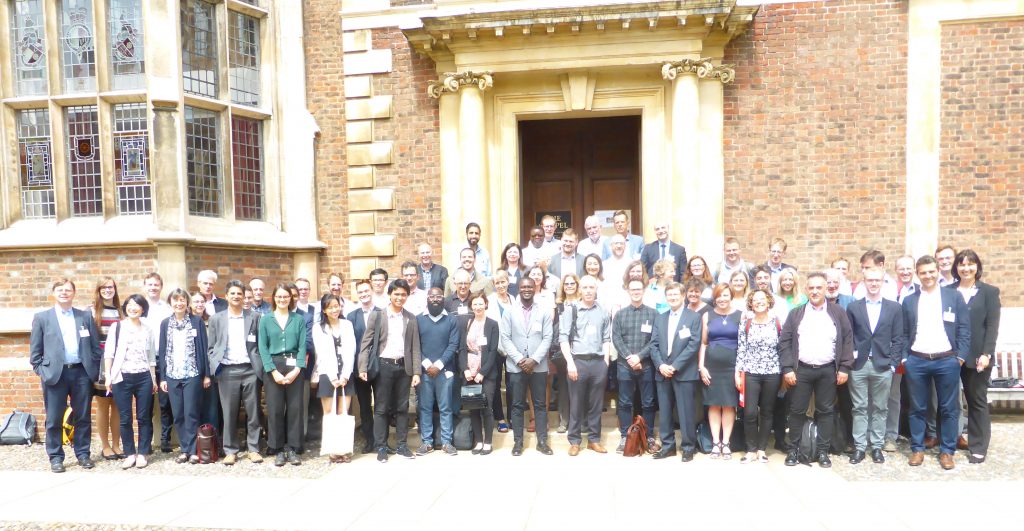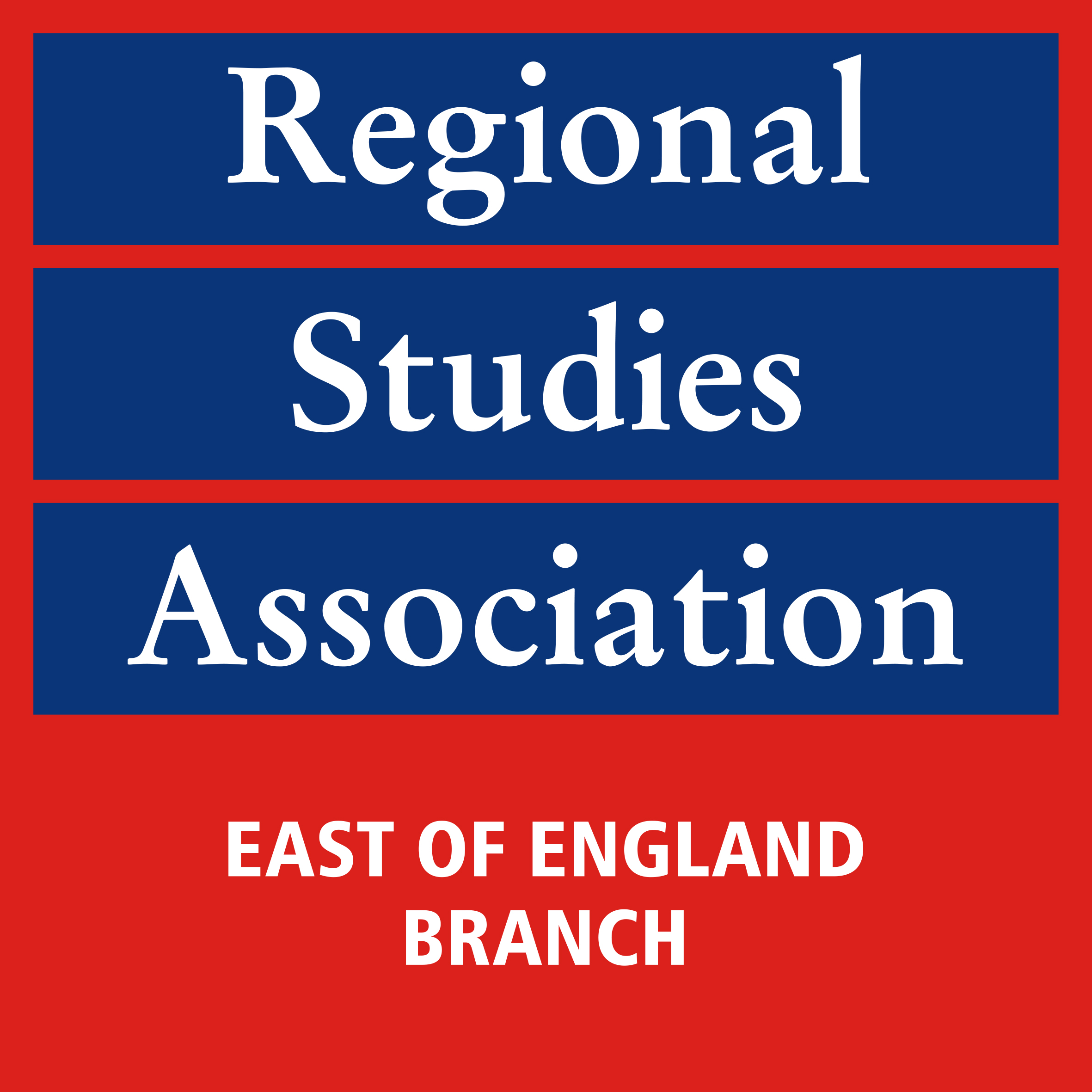Rethinking the Political Economy of Place Conference
Rethinking the Political Economy of Place: Challenges of Productivity, Inclusion and Power Conference
The was the sixth Cambridge Journal of Regions, Economy and Society Conference held on 11-12 July 2019 at St Catharine’s College, Cambridge.

The conference examined the shifting landscape of concerns and concepts in economic politics in places around the world, calling for a rethinking of the political economy of place. Two of the key challenges – currently faced by cities, regions, nations and supranational institutions around the world – are improving productivity and fostering inclusion. This conference looked to shed new light on these challenges, in particular when these two challenges are taken in conjunction. We furthermore aimed to set these challenges in a broader context. Relating these challenges to the implicit and explicit power structures and processes, prevailing at various scales within contemporary capitalism.
The Conference Programme can be downloaded HERE.
CLICK FOR PRESENTATIONS AND AUDIO FILES FROM THE 2019 CONFERENCE
The conference comprised of conceptual discussions or empirical articles employing qualitative as well as quantitative methodologies; and were set within a range of geographical contexts.
Themes included:
• Developments in income and wealth inequalities linked to patterns of uneven productivity growth, especially across the spatial economy. And how such patterns interact with – and are perhaps reinforced by – other types of inequalities and structural factors, such as political (dis)enfranchisement, access to networks and resources, forms of security and precarity, status and identity, and other types of in- or exclusion.
• The larger-scale processes, structures and policies potentially driving increasing inequalities and greater differences in productivity, such as ‘hyperglobalisation’, financialisation, new forms of exploitation and extraction, structural transformations in the economy, developments in artificial intelligence and robotics, ‘premature deindustrialisation’, etc.
• Connecting the challenges of rising economic inequalities and the ‘productivity puzzle’ to other pressing issues, such as climate change and environmental degradation, the rise of populism and authoritarianism, increasing concentrations of unaccountable corporate power in finance, ‘big tech’, and media, etc.
• Specifying the policy agenda of dealing with the twin challenges of combatting inequalities and improving productivity, and identifying the trade-offs and hard choices this may entail in terms of politics (including case studies of places which may be considered examples of success or failure).
• Substantiating, operationalising and ‘spatialising’ the Inclusive Growth concept and agenda. The connection of Inclusive Growth more explicitly the literature on normative political and social theory, such as notions of citizenship; capabilities; Social, Spatial and Environmental Justice; the Just City, the Foundational Economy, etc
CALL FOR PAPERS
The Call for papers is now closed. Those who have been selected for the forthcoming Special Issue of CJRES devoted to this subject, will need to submit a Full Papers by 1 September 2019. Details of Cambridge Journal of Regions, Economy and Society publication process, evaluation criteria and style are available on the Journal’s website https://academic.oup.com/cjres
Information regarding the Call for Papers can be seen HERE.
CONFERENCE ORGANISERS:
Professor Ron Martin, Department of Geography, University of Cambridge
Professor Peter Tyler, Department of Land Economy, University of Cambridge
Dr Emil Evenhuis, School of Geography and Environmental Science, University of Southampton
All conference enquiries can be sent to events@cpes.org.uk
CONFERENCE SUPPORTERS INCLUDE:

Paypal Bookings information:
All bookings comply with the CPES Privacy Policy and Paypal Privacy Policy



